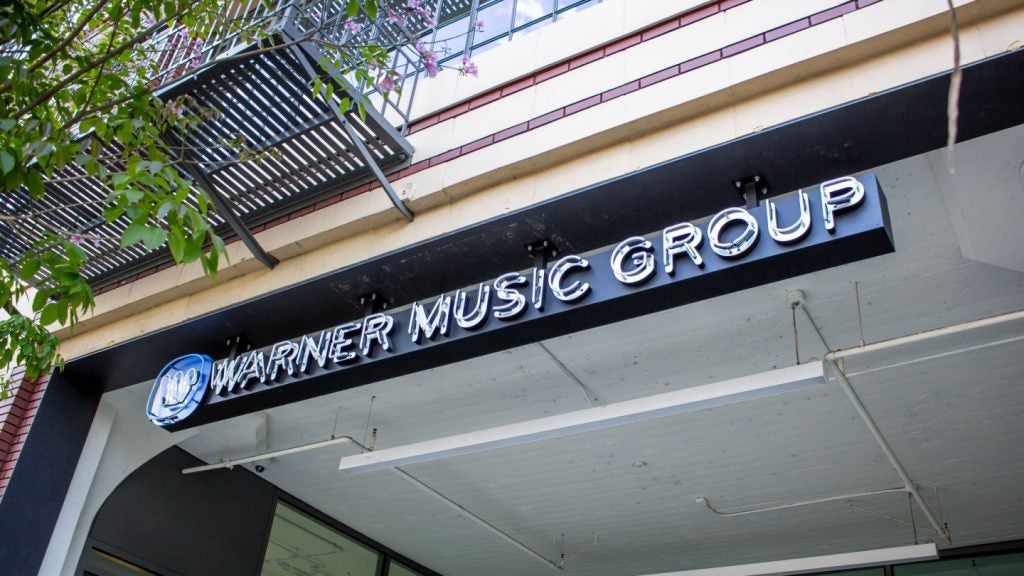Senior leaders from businesses such as Warner Music, Universal and Getty Images will debate the future of AI within creative industries at a UK government roundtable today (20 November).
Other bodies present will include the Intellectual Property Office and Creators’ Rights Allowance to discuss the role of copyrighted content in AI. The creation of copyright free content specifically for AI will also be debated.
Generative AI is trained on vast troves of data and content in order to replicate those images or words in its responses to prompts. OpenAI’s chatbot ChatGPT has already faced lawsuits from authors and comedians for using copyrighted work in its training process without consent or knowledge.
The roundtable is also expected to cover how to protect artists who have consented to their likenesses being used in AI. Musical artists, such as Charli XCX or Troye Sivan among others, have already consented to their voices being used in YouTube’s DreamTrack tool that allows users to generate songs.
Alongside these protections, the UK government is also expected to lay out further plans for its £50bn Creative Industries Sector Vision, which hopes to create a million extra jobs in the UK’s creative sector.
“The UK’s strengths and accomplishments in art and entertainment mean we are well placed to take advantage of developing technologies in this field,” stated Culture Secretary Lucy Frazer, “But creatives rightly have concerns – and proposals – about how their work is used by artificial intelligence now and in the future, and I want to hear them.”
According to research company GlobalData, the total global market for conversational AI tools will soon be worth over $336bn by 2030, achieving a compound annual growth rate of 31% between 2022 and 2030. GlobalData has found that generative AI is the fastest developing technology in 2023.
Deputy CEO of marketing company Inspired Thinking Group John Kirk credited AI’s speedy development as the critical factor behind this roundtable discussion.
“This emerging piece of tech has the potential to act as a powerful creative tool and the industry must now work together to unlock its power to deliver more impactful campaigns,” he stated.









